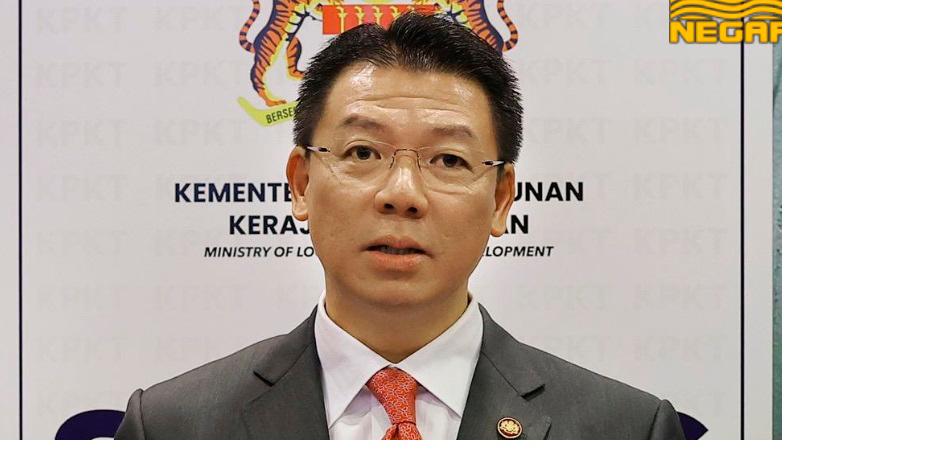KUALA LUMPUR: Malaysia and China will sign a memorandum of cooperation (MoC) to enhance smart city and smart home capabilities.
Housing and Local Government Minister Nga Kor Ming said that during his recent visit to Beijing, he met with China’s Housing and Urban-Rural Development Minister Ni Hong.
“Both countries have agreed to sign a MoC in terms of smart home features and smart cities because China has a lot of leading technology in this respect. So, it is good for us if we can get some transfer of technology, whereby it will help and improve our housing quality,” he told reporters after the Associated Chinese Chambers of Commerce and Industry of Malaysia (ACCCIM) Power Chat 2.0 yesterday.
In conjunction with the 50th anniversary of diplomatic relations between Malaysia and China recently, Prime Minister Datuk Seri Anwar Ibrahim has sent a letter inviting China president Xi Jinping to visit Malaysia.
Nga disclosed that details on the MoC “are almost completed” and hoped to ink the proposed memorandum during the proposed official visit by the Chinese president.
When asked on the expected date of the visit, Nga said this matter has to be referred to the Ministry of Foreign Affairs but hoped that it would occur within the year.
Commenting on the Cabinet retreat today and tomorrow in Cyberjaya involving all ministries, he said every ministry must submit at least six new initiatives aimed to benefit the citizens and to focus on the economic development as “2024 is a very crucial and important year for the nation”.
Nga said his ministry has prepared a list consisting of 12 new initiatives involving affordable housing, circular economy, reurbanisation and renewal of dilapidated public housing, among others.
He also disclosed that China has invited Malaysia to organise and host the China-Asean housing ministerial meeting to be held in Kuala Lumpur Convention Centre. He added that “details will be announced soon”.
Meanwhile, ACCCIM president Tan Sri Low Kian Chuan said the chamber is working closely with government agencies and policy makers to tackle unnecessary bureaucracy and create conducive business environment for both domestic direct investment and foreign direct investments, to improve the ease of doing business, particularly crucial now, given the intensifying competition from the regional economies and Regional Comprehensive Economic Partnership member countries.
“In this connection, all ministries and government agencies, particularly the local authorities in various states, should act in a concerted and coordinated manner to ensure that the policies and programmes laid out at the federal government level could be implemented speedily on the ground to produce wider economic impact and benefits for the people. States, especially local authorities, must play an effective role in facilitating efforts and macro policy direction set by the federal government,” he said.









